I’m continuing with a series of articles providing further discussion around the themes which emerged from my 2020 report, ‘Women in Architecture: Self-Development and Career Advancement for Mid-Level Professionals’.
I wrote previously about the tactics mid-level female architects can employ when building a structure for their personal self-development plan. That article also included tips from the women I spoke to for the report, plus my own advice and insight.
We can be positive about these women having strong motivation for self-development. However, we also need to be honest and realistic, especially during these strange and turbulent times. While self-development is important for progression in the workplace, and in life, there are barriers to achieving it. But equally, barriers are there to be broken down.
Now, here is the honesty bit. Of the women interviewed for my report, 73% said the number one barrier for mid-level female architects being able to participate in self-development is ‘not enough time’. Yes, that old chestnut. And what a tricky one it is to tackle.
This lack of time is manifested in these women feeling unable to even investigate the training and development opportunities which may be available to them, let alone actively take part.
“Because I don’t have time, I don’t often know what’s around.”
This barrier creates a stand-off; while empowering employees to take ownership of self-development is excellent, the time issue prevents this initiative from working.
The ownership of self-development is there, but over and over the response from the women I spoke to for my report was “I don’t have time”. Of course, project work has to be done, deadlines must be met. This is particularly pertinent to working mothers and carers who may operate on flexible hours. Their self-development is most likely only achievable during out-of-office hours, but it can get put on the back-burner due to childcare or caring responsibilities.
What’s a solution then? Well, managers and HR personnel should consider these other research findings from across a range of industries:
74% of employees want to learn during spare time at work.
94% of employees would stay at a company longer if it invested in their learning and development.
I can hear women saying: “Spare time at work? Are you kidding me?”. However, this surely couldn’t be any clearer. Freeing up time to support the professional development of mid-level female architects makes for better trained, better informed, more engaged and more motivated employees. They want more company support, by way of direction, encouragement and provision of funds. Keep them in the job and keep them progressing – that project work will be completed to a high level and those deadlines will be met.
“I know if I’m managing people and want everyone to work well and want the company to grow, then I would also take some responsibility for encouraging self-development and training.”
There is also a mental barrier to dealing with a perceived lack of time. Personally speaking, I know enough about my brain to recognise the sabotage it is doing when I tell myself I don’t have time. To counteract this message, I force myself to say: “I have enough time”… and to relax while I’m saying it. The way we think about time affects the way we feel about it, and what we do with the time we have.
A recent paper published in Psychological Science shows that helping other people can increase feelings of “time affluence” and alleviate the perceived “time famine”. Spending time on others makes you feel like you have done a lot with your time - and the more you feel you have done with their time, the more time you will feel you have.
“Giving time [to others] increases [our] perceptions of having time by increasing feelings of self-efficacy.”
It’s also about being ‘intentional’ with our self-development planning. You have to want to get somewhere in order to actually get there. We could consider the following as being ‘3 steps to success’ in this context:
Try to focus on your self-development as early as possible in your career.
Prioritise your time for development. Treat it as part of your job and keep up the momentum.
Goals shared are more likely to be achieved. If you do it with other people, you are more likely to stick to it. Learning alongside others makes the experience more fun and engaging and you help each other to stay focused, motivated, and provide advice and support.
In conclusion, one of the most positive perceived effects of dedicated self-development time, along with opportunities and support, is higher self-esteem and confidence, a win-win for the individual and for the practice.

